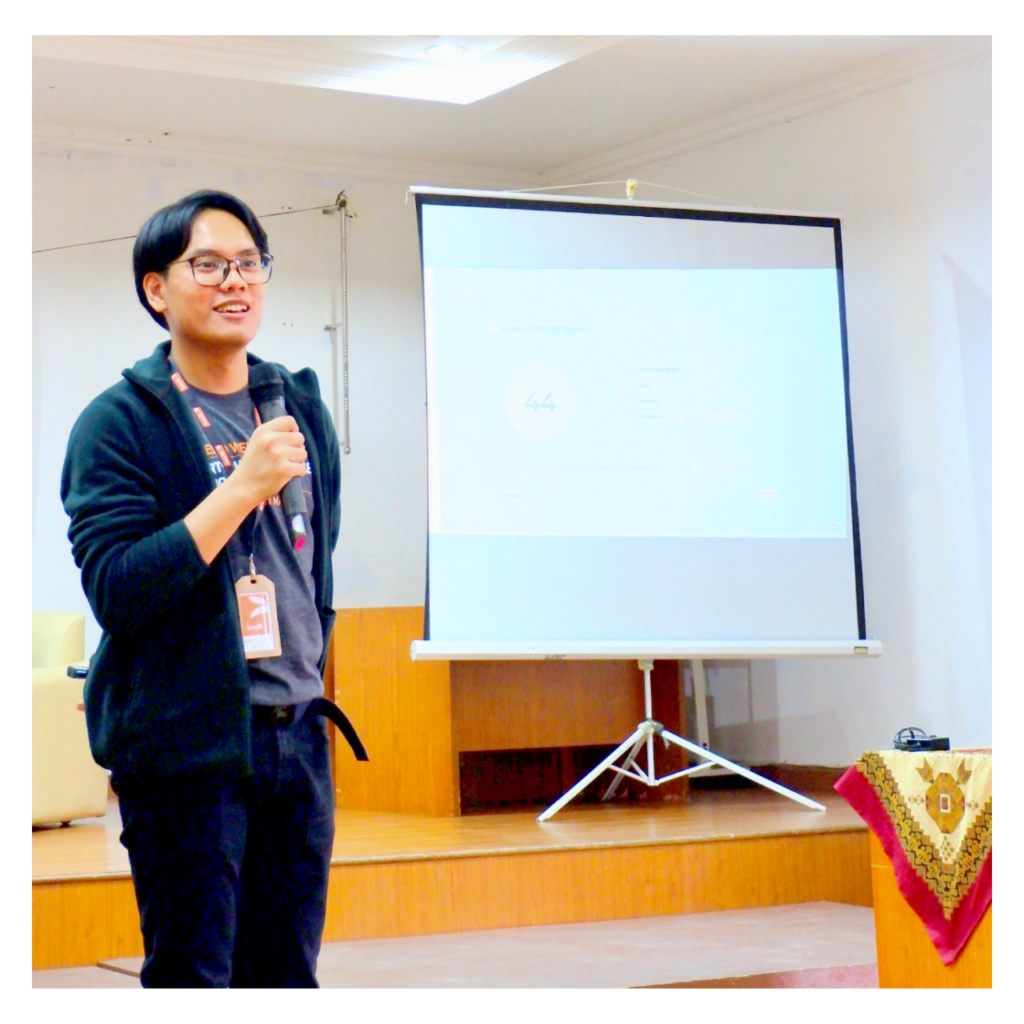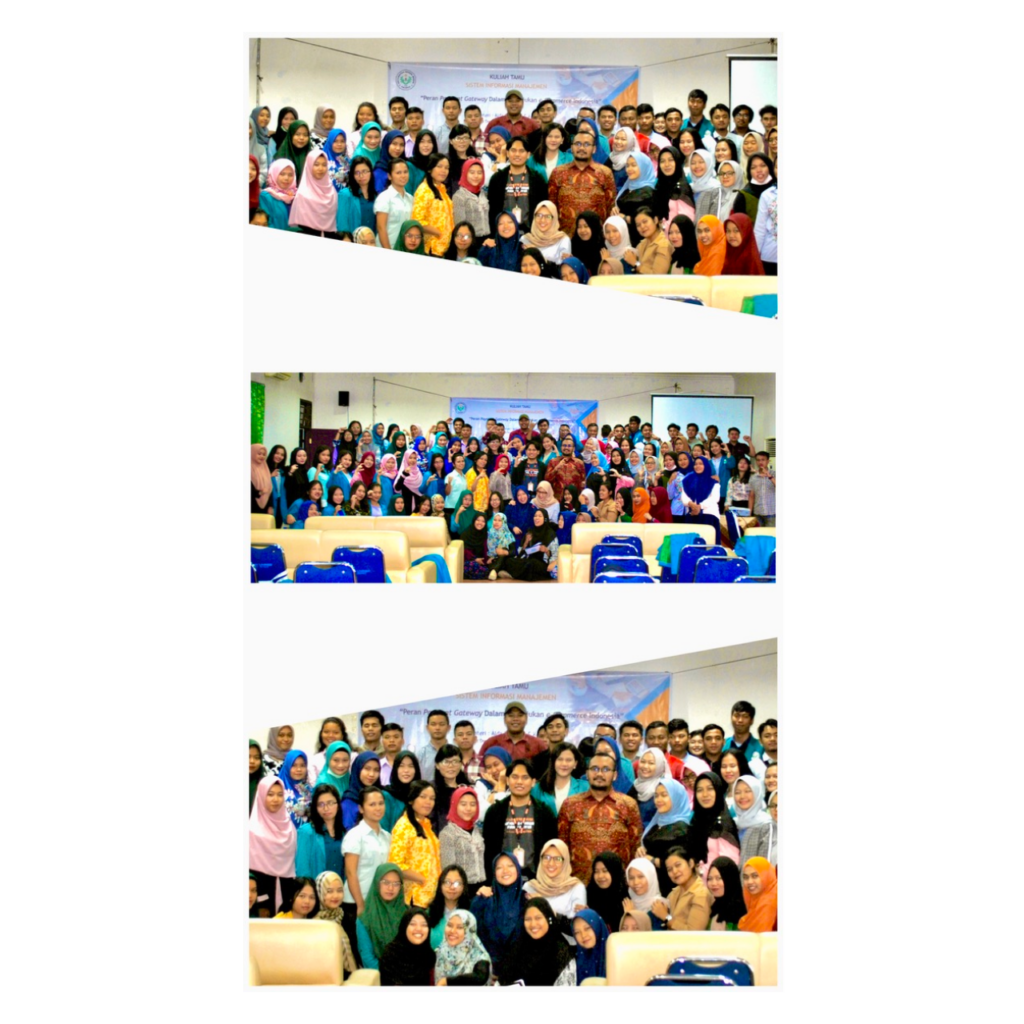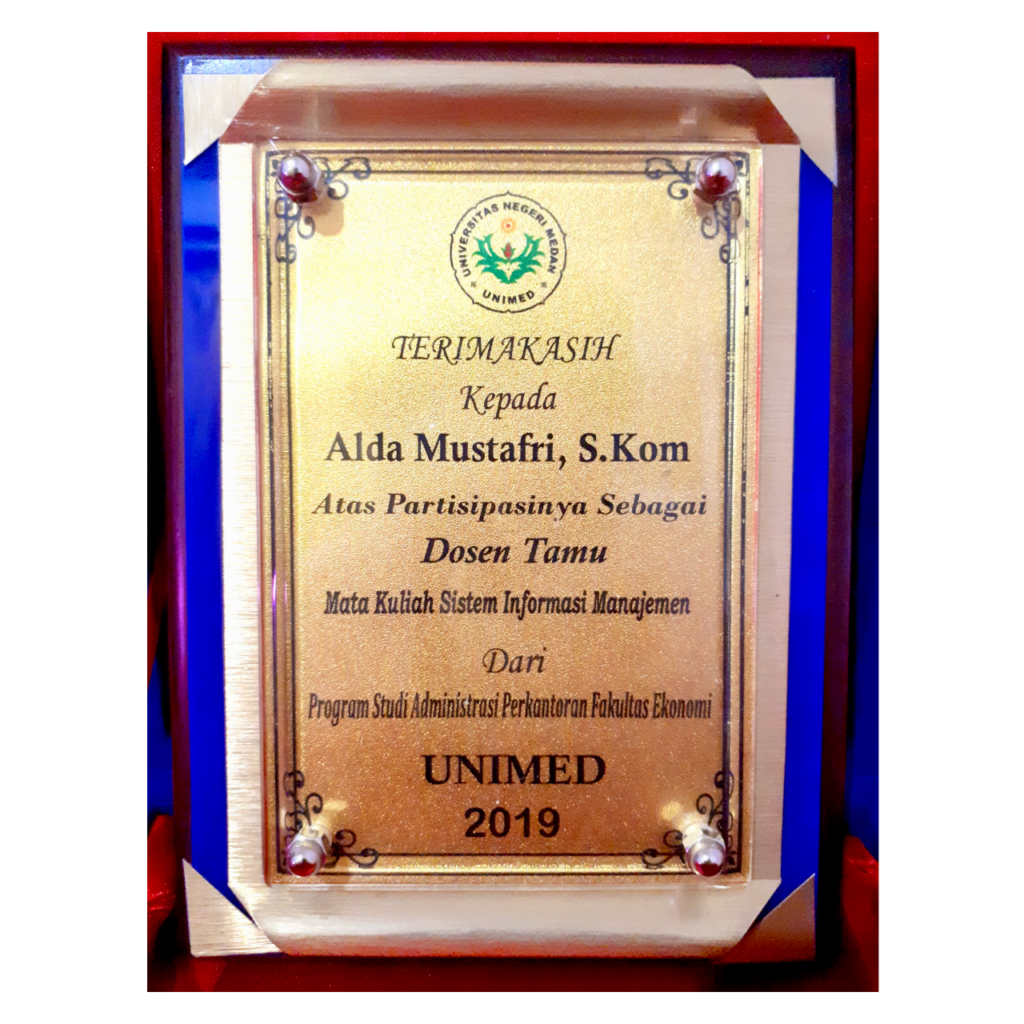On November 7, 2019, I had the privilege of being a guest lecturer at Universitas Negeri Medan, specifically at the Faculty of Economics for the Management Information Systems course. The topic I presented was “The Role of Payment Gateways in Advancing E-Commerce in Indonesia.” This opportunity was not only a valuable moment to share insights but also a chance to engage with students eager to learn about the intersection of technology and digital business.
Understanding the Relevance of Payment Gateways
I began the session by introducing the fundamental concept of payment gateways. I emphasized how these solutions act as a bridge connecting consumer payment processes with banks or financial institutions. Payment gateways ensure online transactions are secure, fast, and efficient.
Additionally, I explained key features of payment gateways, such as data encryption, transaction authentication, and compatibility with various payment methods, including credit cards, debit cards, e-wallets, and virtual accounts. These technologies are a critical pillar of the e-commerce ecosystem, addressing major challenges like building consumer trust in digital transaction security.
The Impact of Payment Gateways on Indonesian E-Commerce
After covering the basics of payment gateways, I transitioned to discussing their impact on the growth of e-commerce in Indonesia. I highlighted several key points:
- Building Consumer Trust: With robust security features, payment gateways reduce the risks of data breaches and online fraud, boosting consumer confidence in shopping digitally.
- Expanding Market Access: Payment gateways enable businesses to accept payments through diverse methods, both locally and internationally. This opens doors for local e-commerce players to compete on a global scale.
- Operational Efficiency: By automating payment processes, businesses save time and resources that would otherwise be spent managing transactions manually.
Engaging Discussions with Students
One of the most enjoyable moments of the session was the interactive discussion that followed my presentation. The students from the Faculty of Economics were incredibly enthusiastic about the topic, raising thoughtful questions like:
- “How do payment gateways adapt their technology to support small and medium-sized enterprises (SMEs) in Indonesia?”
- “What are the main regulatory challenges faced by payment gateways in Indonesia?”
- “What trends do you see in the future of payment gateways, especially with the rise of cryptocurrencies and blockchain technology?”
I truly appreciated their curiosity and awareness of strategic issues in the industry. These discussions provided fresh perspectives not only for the students but also for me as the lecturer.
Being a guest lecturer at Universitas Negeri Medan was an inspiring experience. I felt honored to share knowledge about payment gateways and their role in advancing e-commerce in Indonesia. I hope the insights I shared will help students deepen their understanding of digital payment technologies and how they can contribute to building a more advanced e-commerce ecosystem.
This experience also reminded me of the importance of collaboration between academics and practitioners in nurturing Indonesia’s young talents. I look forward to contributing to similar opportunities in the future.







